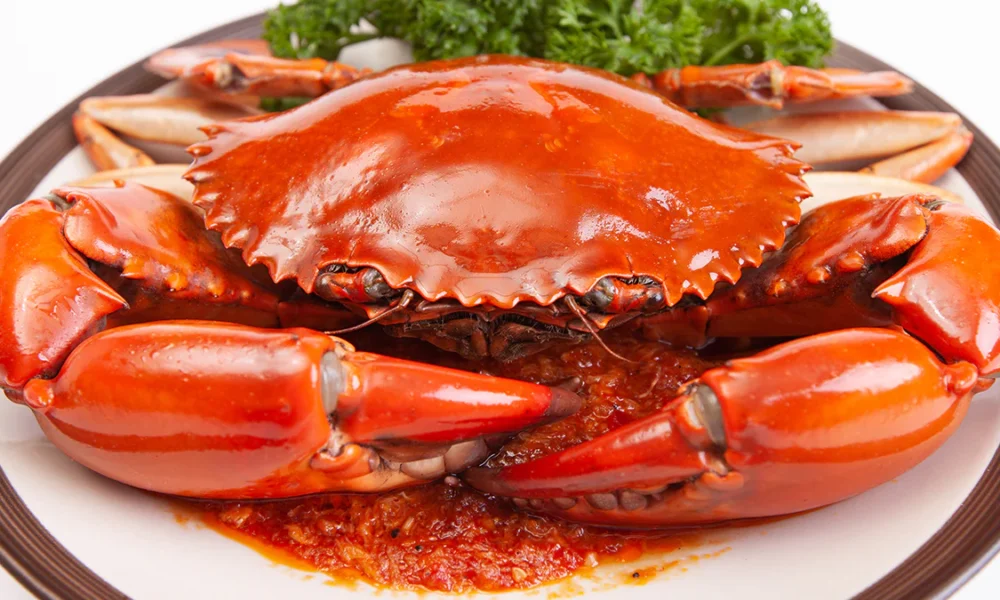News
Staying peptic ulcer free with our diet

Crab intake helps prevent Peptic ulcer disease
Peptic ulcer disease, commonly known as simply Ulcer, is a sore in the lining of the wall of the stomach (gastric ulcer) or duodenum (duodenal ulcer), the first part of the small intestine. Many still believe peptic ulcer is caused by stress or spicy foods, but the real culprit is usually a bacterial called Helicobacter Pylori (H. Pylori).
The stomach and small intestine are protected from acidic digestive juices by a special lining. In people infected with H. pylori, the bacteria weakens this protective lining and allow digestive juices to eat into the stomach or small intestine, creating a painful ulcer. The good news is these ulcers can be treated with antibiotics and, in most cases, cured.
Peptic ulcers can also result from the long-term use of non-steroidal anti-inflammatory drugs (NSAIDs) like aspirin and ibuprofen, because they block enzymes that help protect the lining of the gut. NSAIDs quadruple one’s risk of getting an ulcer, especially a stomach ulcer.
Management of peptic ulcer is mainly medical. But diet plays a very important role which cannot be over looked.
Foods to include
• Alicin rich foods such as; garlic, onions, leaks, and shallots.
• Glutamine rich foods such as; cabbage and crab.
• Pro anthocyanins rich foods such as; grapes, cranberries, and blueberries.
• Sulforaphane rich foods such as; broccoli, and broccoli sprouts.
Foods to avoid
• Caffeine rich foods, such as; tea, coffee, energy drinks, chocolates.
• Sodas and Fizzy drinks
• Fried and fatty foods
• Hot pepper and other spicy foods
• Tomatoes and tomato products.
• Lemons and other citrus fruits
Lifestyle modification
• Avoid or reduce alcohol consumption and cigarette smoking.
• Eat in bits and at increased frequencies, and avoid eating right before bed.
• Appropriate management of stress.
• Regular exercise and adequate hydration.
• Avoid NSAIDs where possible.
• Follow an adequate sleep schedule
In conclusion, Peptic ulcer disease, however common it is, is very painful and disabling. Thankfully, we know very well how to manage and control it. By following the dietary and lifestyle modifications listed above, we can be sure to live an ulcer free life.
The writer, Dr Bernice Korkor Asare is the CEO of Holistic Health Consult.
“Your diet your health, your health your wealth”
E-mail: holistichealthconsultgh@gmail.com